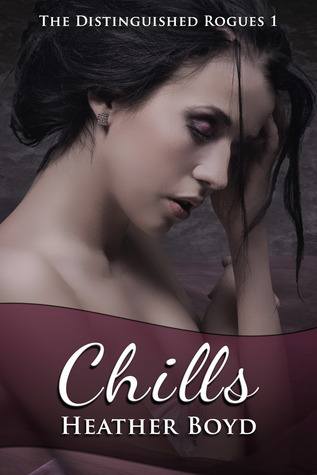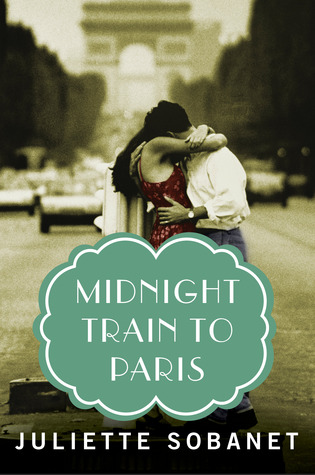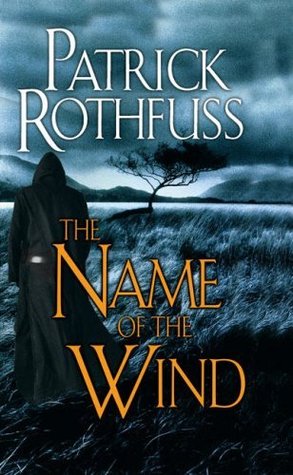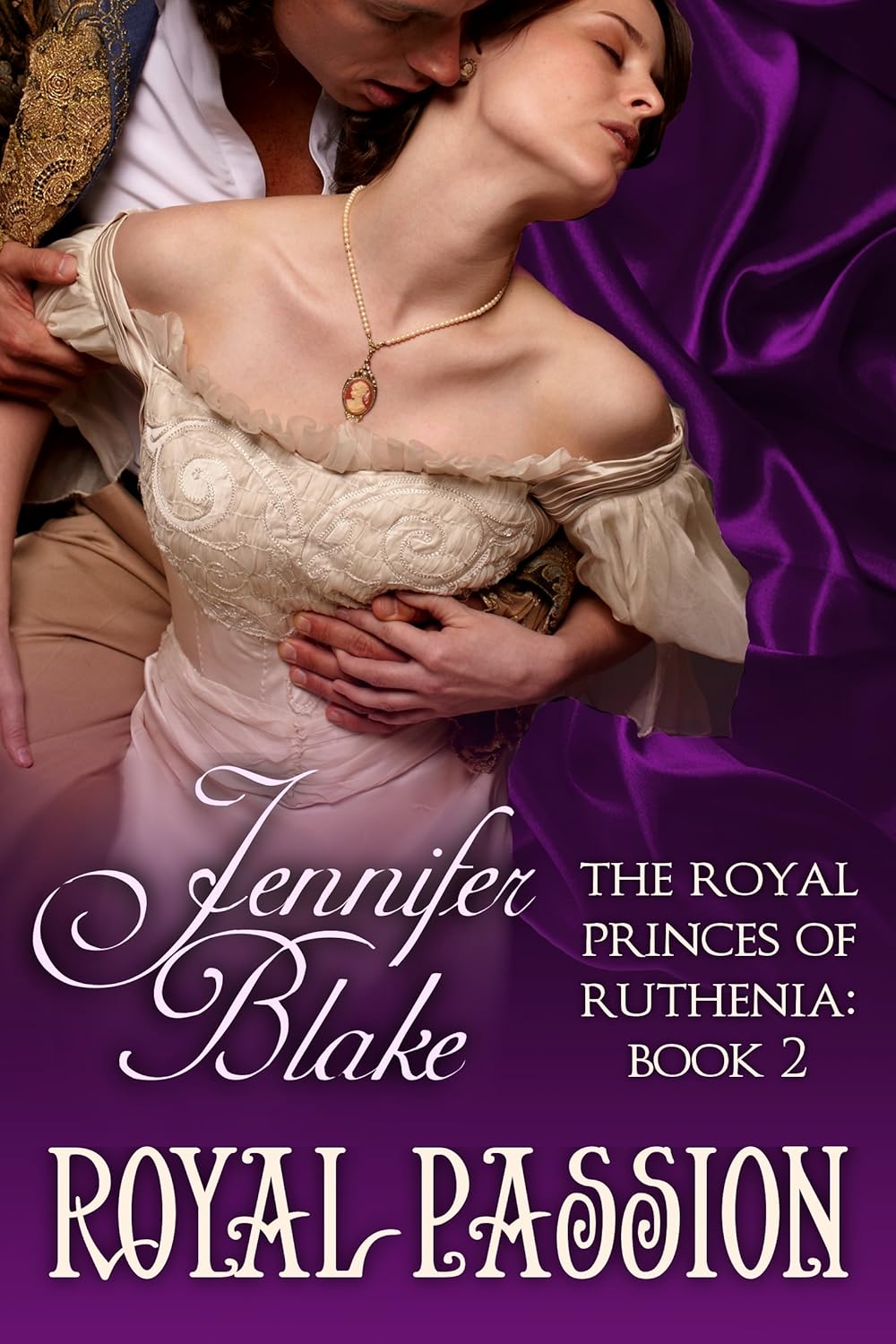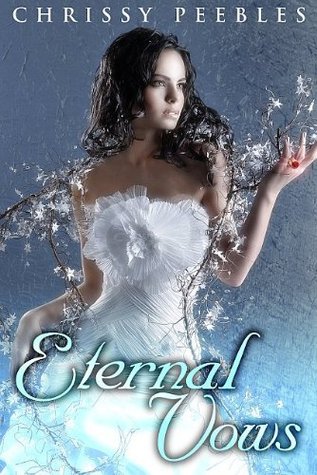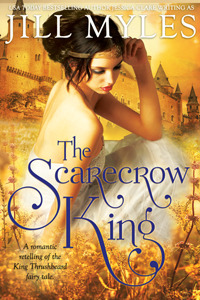 It should not be a surprise to anyone here that I adore a good fairytale. It's not a secret at all, really, and I am a huge fan of the retold fairytale trend that has been sweeping the media (books, TV, movies, all of it) in recent years. I have read many, many fairytales, but I don't believe I'm familiar with the King Thrushbeard story. That, of course, is what The Scarecrow King is based off of.
It should not be a surprise to anyone here that I adore a good fairytale. It's not a secret at all, really, and I am a huge fan of the retold fairytale trend that has been sweeping the media (books, TV, movies, all of it) in recent years. I have read many, many fairytales, but I don't believe I'm familiar with the King Thrushbeard story. That, of course, is what The Scarecrow King is based off of.Our heroine in Rinda, the younger princess of Balinore. Her mother was a commoner, and while Rinda's older sister seems to have gotten their father's royal genes, Rinda herself seems to be common to the core. Her father hates her, for a complicated medley of reasons, the primary one seeming to be that her mother died giving birth to her and Rinda reminds him too much of the woman he really loved. So he pushes her away, and Rinda tries to get his attention by--surprise, surprise--acting out. In her case, she enjoys spending astronomical amounts of money to piss him off. For example, the opening scene finds her tossing pearls to fish for kicks. Rinda's father wants her gone, so he decides to marry off both his daughters. Imogen, the older of the two, already has a beau, so that's easy. Rinda doesn't want to get married, and embarks on a quest to alienate every eligible man she can find, including the visiting king. Furious, her father declares that if she won't marry any noble, then she'll marry the next man who turns up at the castle steps. The next morning, Rinda finds herself married off to a truly terrible minstrel.
It's really no spoiler that the minstrel is the visiting king in disguise. We know that, but Rinda doesn't, and watching her fumble her way through her supposed new life as an impoverished minstrel's life is amusing. Her character develops so much over the course of the story, transforming from a spoiled brat into a poised young woman willing to go to amazing lengths to protect the people she cares about. Myles' world is also incredibly rich for such a short novel. The Birthrights of the people of Balinore are interesting, and manifest in such manifold ways that I would love to read more about them. The Ghost Roads were an intriguing idea with a hint of menace, but nothing to drag down the spirit of the story too much. The romance builds at a good pace--no insta-love, but no waiting until the last five pages for emotions to appear, either.
I do wish Rinda and Alek had encountered some more troubles on their journey and been forced to rely on each other a bit more. While the part of the story which took place in the mountains was great, it wasn't really that much of a trial, except for the very end, and I would have liked to see more things happen to bind them closer together. I also would have liked Imogen to a bit less...plastic. She wasn't nearly as complex a character, and I would have liked to see her developed a bit more despite her relatively little page time. Still, these are minor complaints, and I devoured The Scarecrow King in one sitting. Which wasn't very hard, considering it's a short book, but it was so utterly charming I couldn't help myself. I would definitely recommend this to someone looking for a short, romantic fairytale-inspired read.
4 stars out of 5.

